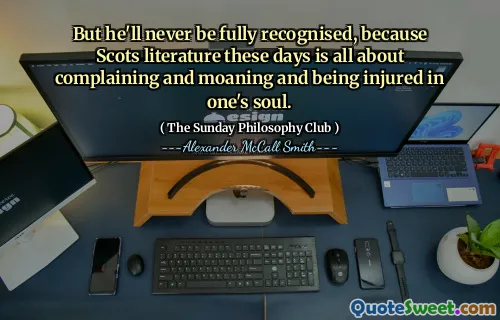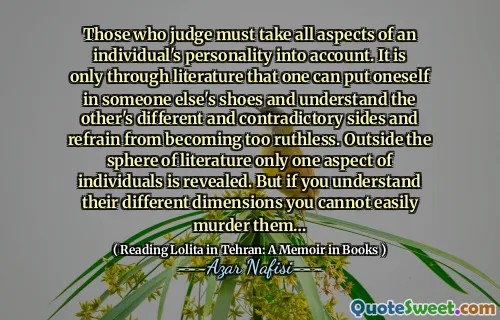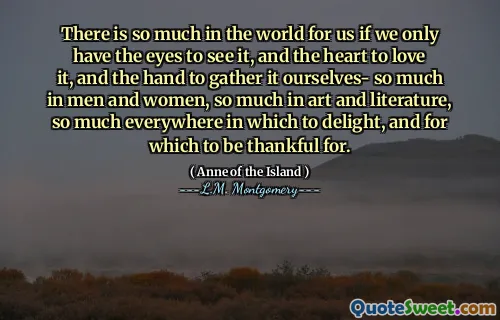
The face she made at me was probably meant for a smile. Whatever it was, it beat me. I was afraid she'd do it again, so I surrendered
This quote vividly captures the complex dynamics of human interaction, especially within the context of power, control, and vulnerability. The speaker observes a facial expression aimed at interpretation—a smile—that isn't quite what it seems. The ambiguity of her expression causes the speaker to feel overwhelmed, almost beaten by the unspoken emotional subtext. It highlights how non-verbal cues can carry layers of meaning, often more potent than words, and how they influence our responses. The act of surrender here is significant; it suggests a recognition of one's limits and an acceptance of circumstances that might be uncomfortable or intimidating.
This expression of emotional vulnerability and the consequent retreat resonate with the themes of deception, guardedness, and subtle manipulation often found in noir literature like Hammett's works. Characters in such narratives frequently navigate tense situations where appearances are deceiving, and trust is tentative. The recognition that she might do it again and the resulting submission imply a complex power dynamic—one where the protagonist perhaps knows resisting further might be futile, or that surrender is easier than confrontation.
The quote also underscores the importance of perception versus reality. Her facial expression is just a gesture, yet it holds immense power over the narrator's feelings and decisions. It reminds us that human emotions are often expressed through small, seemingly insignificant cues, but their impact can be profound. That moment of surrender might symbolize resignation to circumstances beyond control, a thread common in noir stories of moral ambiguity and personal struggle. The quote ultimately points to the fragile nature of human interactions, where understanding and misinterpretation dance closely, shaping the course of relationships and decisions.
The subtlety in her expression and his response invite reflection on how we interpret others’ emotions and the ease with which we can be subdued by unspoken signals in our attempts to navigate social intricacies.






